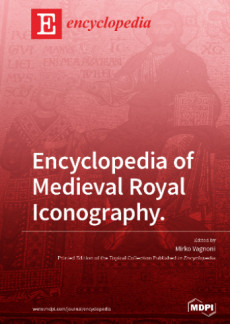The Encyclopedia of Social Sciences provides a comprehensive reference work covering the following disciplines and subdisciplines in the Social Sciences, highlighting Economics, Finance, Business, and Other Social Sciences.
Chapter 1: Economic Theory and Econometrics
Coverage includes: Economic Theory, Microeconomics, Macroeconomics, Econometrics and Statistics, Mathematical Economics, Organizational Economics.
Chapter 2: Finance
Coverage includes: Investment Finance, Risk and Volatility, Corporate Finance, Behavioral Finance, Energy Finance, Industrial Organization, Health Economics.
Chapter 3: Business
Coverage includes: Accounting, Marketing Science, Management Science, Behavioral Science, Administrative Science, Decision Sciences, Public Policy, Tourism and Hospitality.
Chapter 4: Other Social Sciences
Coverage includes: Political Science, Social Psychology, Sociology, Education, Law, Library and Information Science.
We will release this topical collection as an independent encyclopedia book once a certain amount of entries are published. Book chapters are not limited to the above four disciplines. Additional chapters may be created based on the number of entry papers published under a specific topic. If you are a social science researcher or interested in the Social Sciences, please feel free to share what you know as an entry paper in this collection.
Please click here to find Guidelines for Submissions.
Published Entries
Institution: School of Civil and Environmental Engineering, Nanyang Technological University, 639798, Singapore
Interests: sustainable shipping management; quality management; innovation and technology management; transport resilience; supply chain integration
Institution: Department of International Logistics, Chung-Ang University, Seoul 06974, Republic of Korea
Interests: logistics management; sustainable shipping practices
Institution: Department of International Business & Trade, Kyung Hee University, Seoul 02447, Republic of Korea
Interests: maritime logistics; digital logistics; worker well-being
Featured Reprints
- Encyclopedia of Engineering
- Volume 1 (2023) >>
- Chief Editor: Raffaele Barretta





